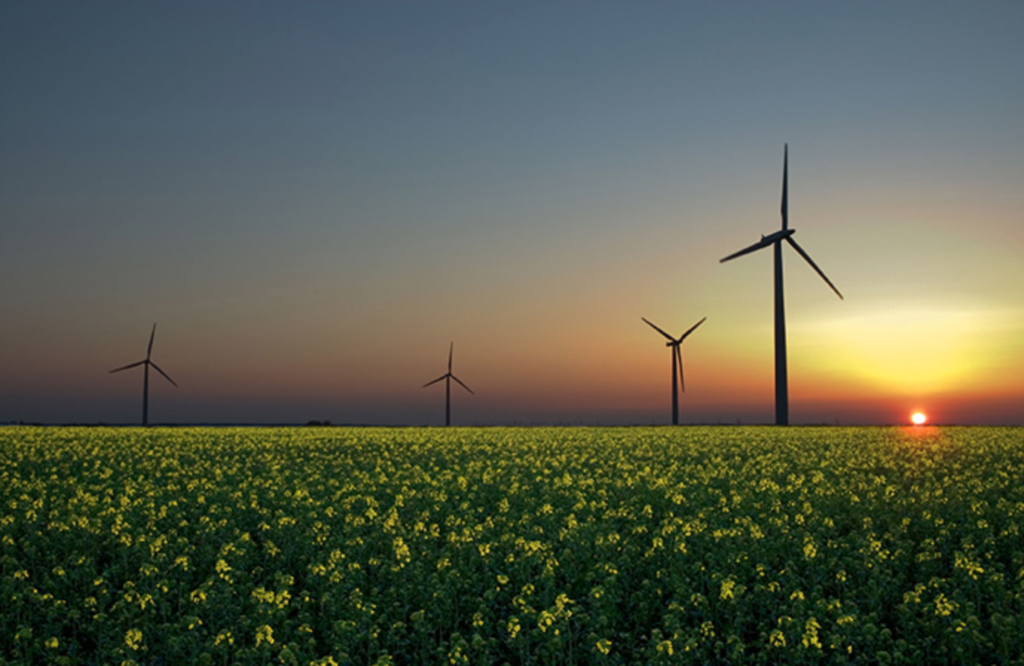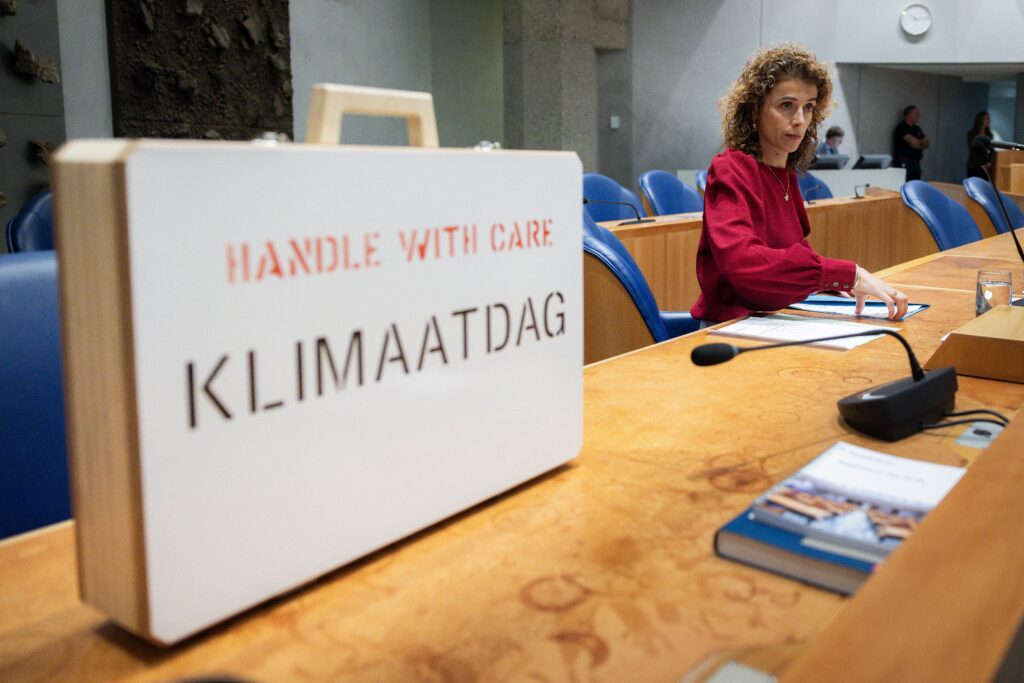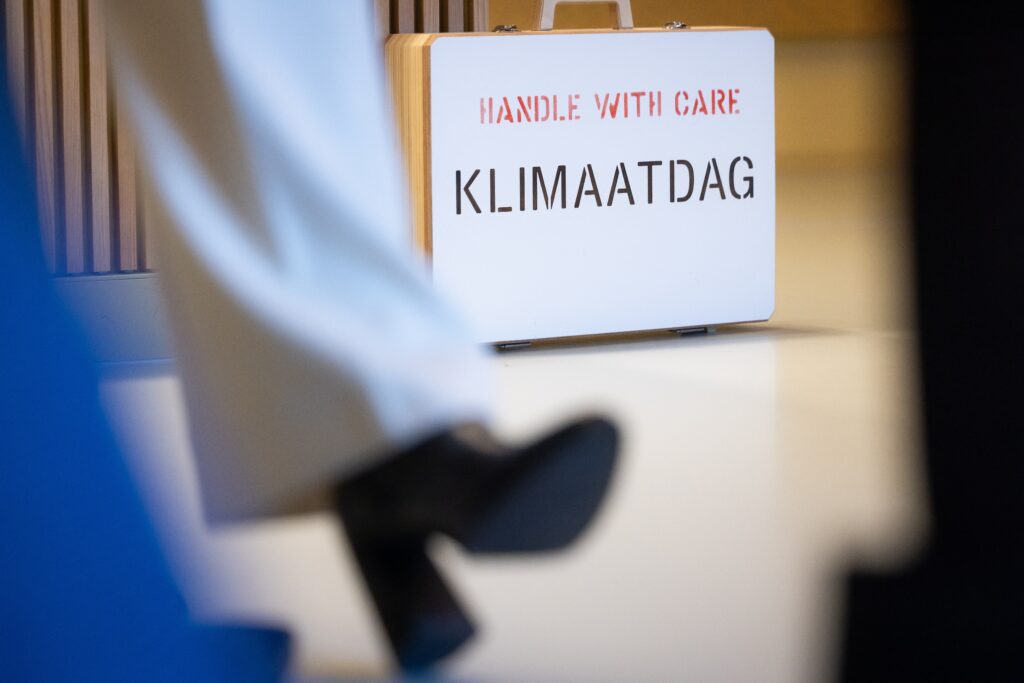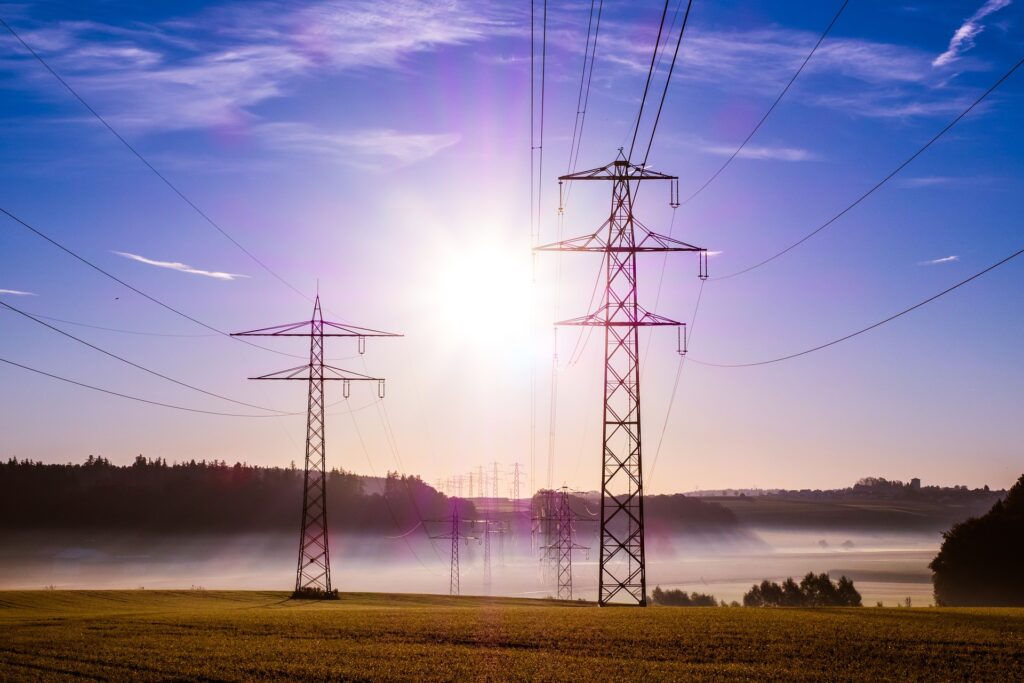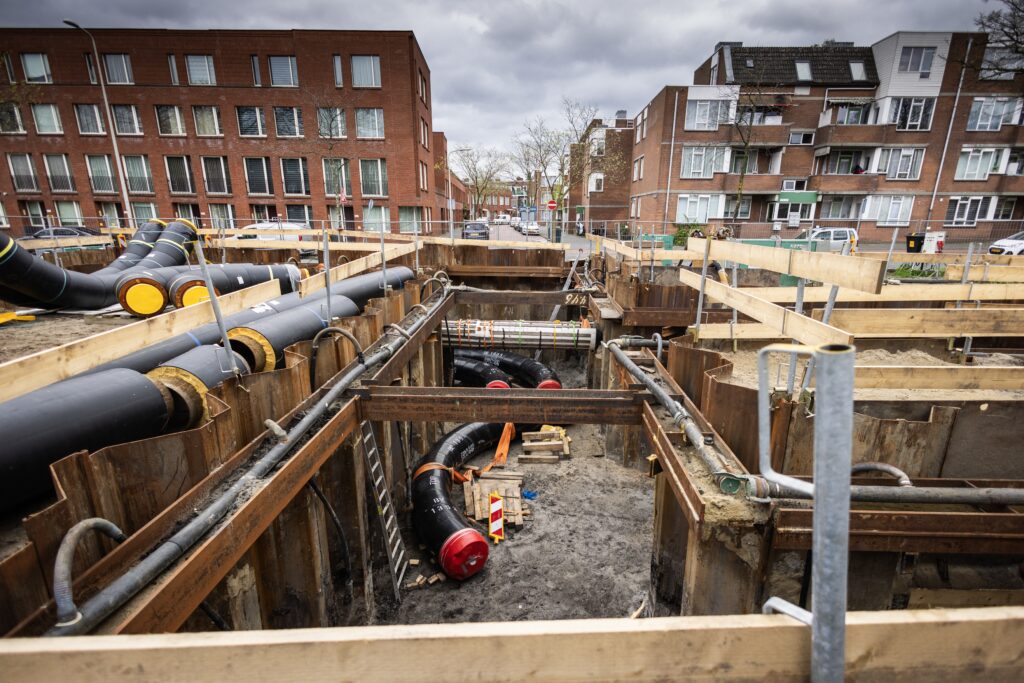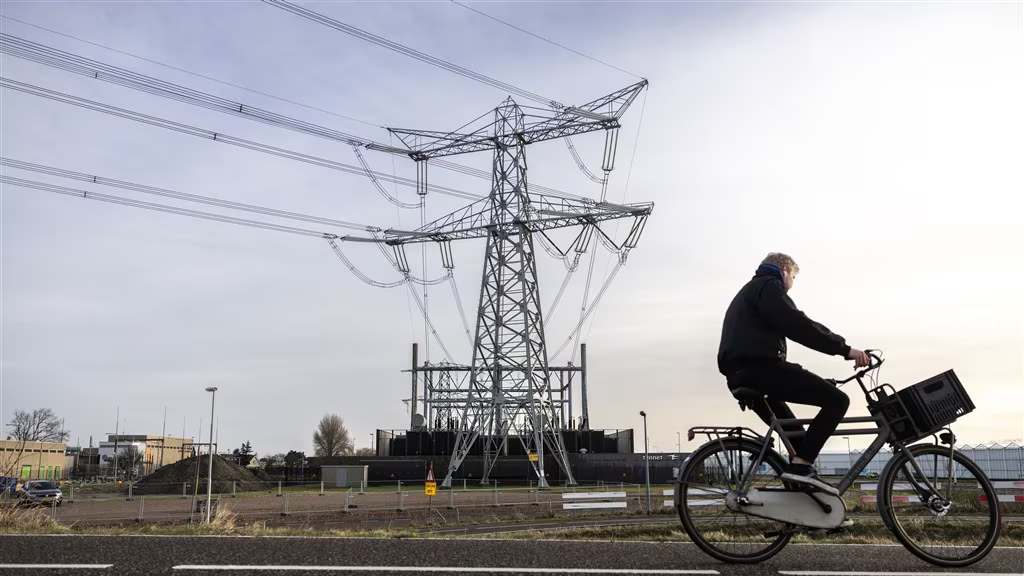The cabinet has sent the Collective Heat Act (WCW) to the Council of State for advice. Energie-Nederland is critical of the bill because it is based on a mandatory public majority interest. This will delay the growth of collective heating systems by years. This delay is no surprise to the minister, as this was already evident from research that he had had carried out in 2022.
Energie-Nederland identifies four factors for this delay:
- A mandatory minority share for private companies reduces investment security. It will be difficult for private companies to invest in new heating networks because as a minority shareholder it is not possible to sufficiently manage the major risks involved. Many investment plans of private heating companies and, for example, housing associations, have already come to a standstill.
- The bill does not provide certainty about a clear transition period for existing heating networks and ongoing projects. As a result, it remains uncertain whether current investments will pay for themselves. In any case, it is important for investments in existing heating areas that the proposed transitional law (“10% scheme”) as stated in the bill is not compromised.
- The bill does not provide clarity about the valuation and compensation in the event of expropriation of private heating networks at the end of the transition period. This also makes it difficult to make positive investment decisions.
- Municipalities and other public parties do not have sufficient people and resources to take over the work of private companies. The regional network companies, which are expected to play a major role as public heating companies, already have insufficient capacity to strengthen the electricity grids.
Furthermore, Energie-Nederland considers the lifting of the so-called group ban for the heating market to be legally untenable. The government has legally established that only grid operators may manage the electricity and gas grids, while the market for supplying energy is open to everyone (with the exception of grid operators). This is also called the group ban. If this is abolished, the grid operator is no longer independent and grid operator groups are allowed to, for example, take commercial risks. Lifting the group ban is at odds with a ruling by the Dutch Supreme Court on this.
A practical example shows that these risks in the heating market can be significant. Damage to the heat source of Stadsverwarming Purmerend is estimated at €7.5 million. It can also lead to a conflict of interest: network operators are no longer independent and can give priority to a heating network in a neighborhood instead of making room for sustainability via an electric heat pump where this may be more cost-effective for residents.
Finally, according to research commissioned by the minister in 2022, the development of heating networks will require more than €35.5 billion in the coming years. This is necessary to achieve the climate goals. The bill states that this must be largely financed with public money. This amount does not include the expropriations of existing private heating networks.
This does not alter the fact that Energie-Nederland supports the goals of the bill, but this does not have to include mandatory public ownership. Energie-Nederland agrees that the heat rates will soon be based on actual costs, allowing a reasonable return. It is logical to bid farewell to the current rate structure, which is derived from the gas price based on existing legal provisions.

